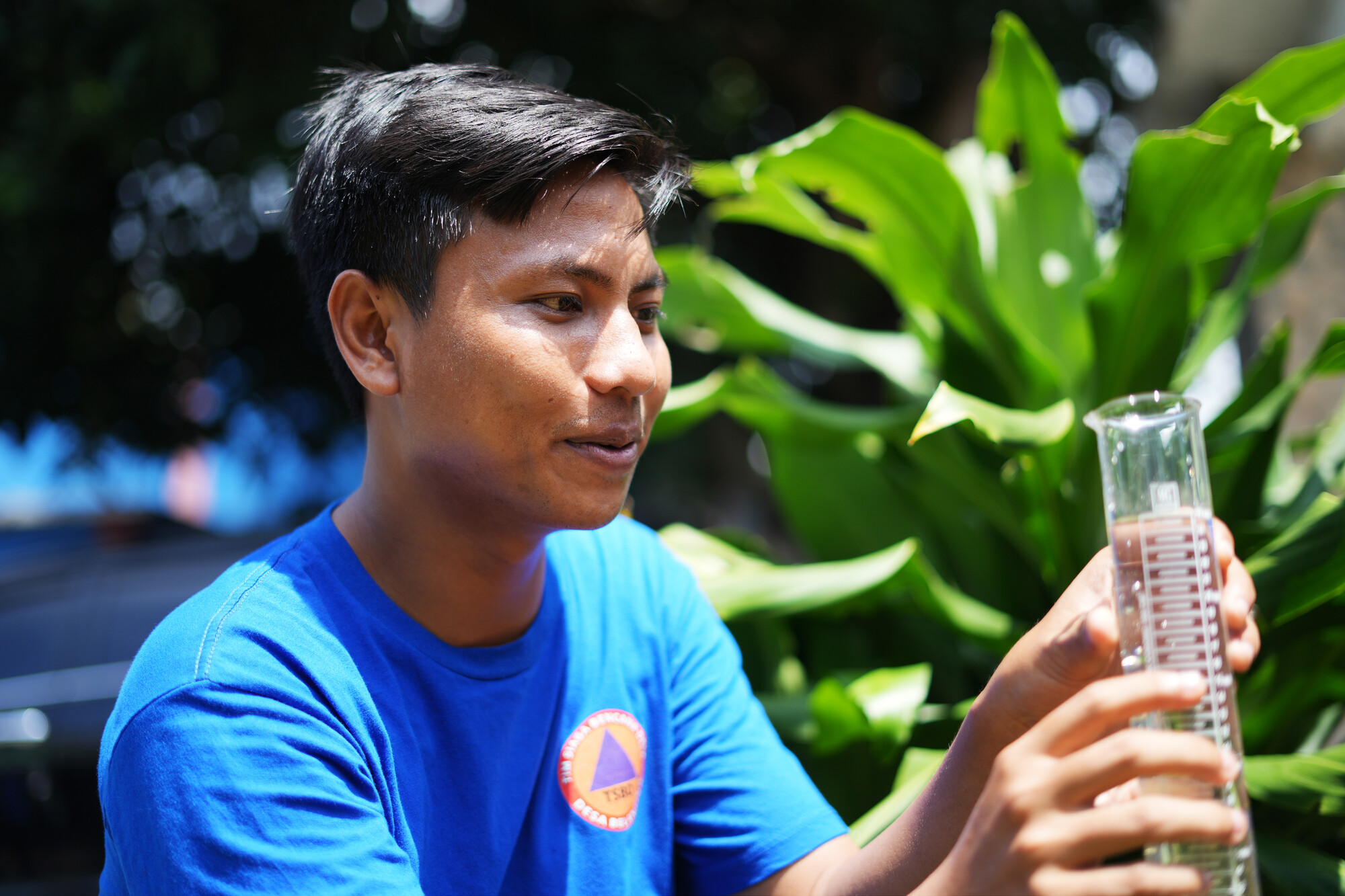Oxfam has been part of a movement of organisations advocating against the unfair stage-three tax cuts, which would have deepened inequality in Australia. The Government’s changes are a substantial improvement, but they won’t solve the inequality problem in Australia. Here’s how we’re working to make tax fair.
In recent weeks, the Albanese Government has announced changes to the stage-three tax cuts that will make them fairer – a welcome diversion from what would have been a devastating tax change that would have exacerbated inequality in Australia.
Over the past year, Oxfam had joined other leading organisations in advocating for scrapping the stage-three tax cuts. That pressure came to a head in recent weeks, when we utilised the extensive media coverage of Oxfam’s annual flagship inequality report, Inequality Inc., to highlight the inequity of the stage-three tax cuts.
Oxfam Chief Executive, Lyn Morgain, said the stage-three tax cuts were a ‘travesty’ because the benefits would be concentrated in the hands of men earning high incomes, while others on low incomes would miss out. This caused quite some media interest, featuring in outlets such as The Guardian, AFR and ABC News, and was put to the Prime Minister in a subsequent media interview that day. He defended the policy at the time, but soon after announced the overhaul which has significantly improved the stage-three cuts, halving the benefit to high income earners and providing more to people on low and middle incomes. In short, they have been made fairer.
We are pleased to see our advocacy pay off, but we won’t stop there.
We know that to create a world without the inequalities that keep people in poverty, we need to better tax the growing extreme wealth of billionaires and big corporations, and invest that revenue into essential public services like healthcare and childcare, into raising the rate of income support in Australia, and into our overseas aid program to help make poverty history.
Inequality Inc.
In January, to coincide with the World Economic Forum meeting in the Swiss mountain resort town of Davos, Oxfam launched its annual global inequality report.
The report, Inequality Inc. found that since 2020, five billion people have been made poorer. Meanwhile, in the middle of the cost-of-living crisis spurred by the pandemic, war, famine and the climate crisis, billionaires have made $5 trillion.
This gross wealth hoarding also extended to Australia, were wealth of the three richest Australians, Gina Rinehart, Andrew Forrest and Harry Triguboff, has more than doubled since 2020 at a staggering rate of $1.5 million per hour.
The report found that if current trends continue, the world will have its first trillionaire within a decade, while poverty won’t be eradicated for another 229 years.
What’s Oxfam doing about the inequality crisis?
Oxfam is campaigning to Make Tax Fair. Taxation and budget spending are the most important tools governments have to address inequality and ensure no one lives in poverty.
Our Make Tax Fair campaign is pushing for the government to:
- Implement a permanent windfall profits tax on big corporations, so that when crises hit, corporations can’t profiteer as they did during the pandemic.
- Better tax extreme wealth, including through a wealth tax on billionaires and multi-millionaires to address inequality.
- End fossil fuel subsidies, which mostly benefit big corporations making super profits. In 2022-23, the government provided $11.1 billion in fossil fuel subsidies – money far better spent on tackling the climate crisis.
With the revenue raised from windfall profits and wealth taxes, we can help people cope with the cost-of-living crisis, including making healthcare, housing and childcare cheaper; raise the rate of income support above the poverty line; and increase our overseas aid to end extreme poverty.



